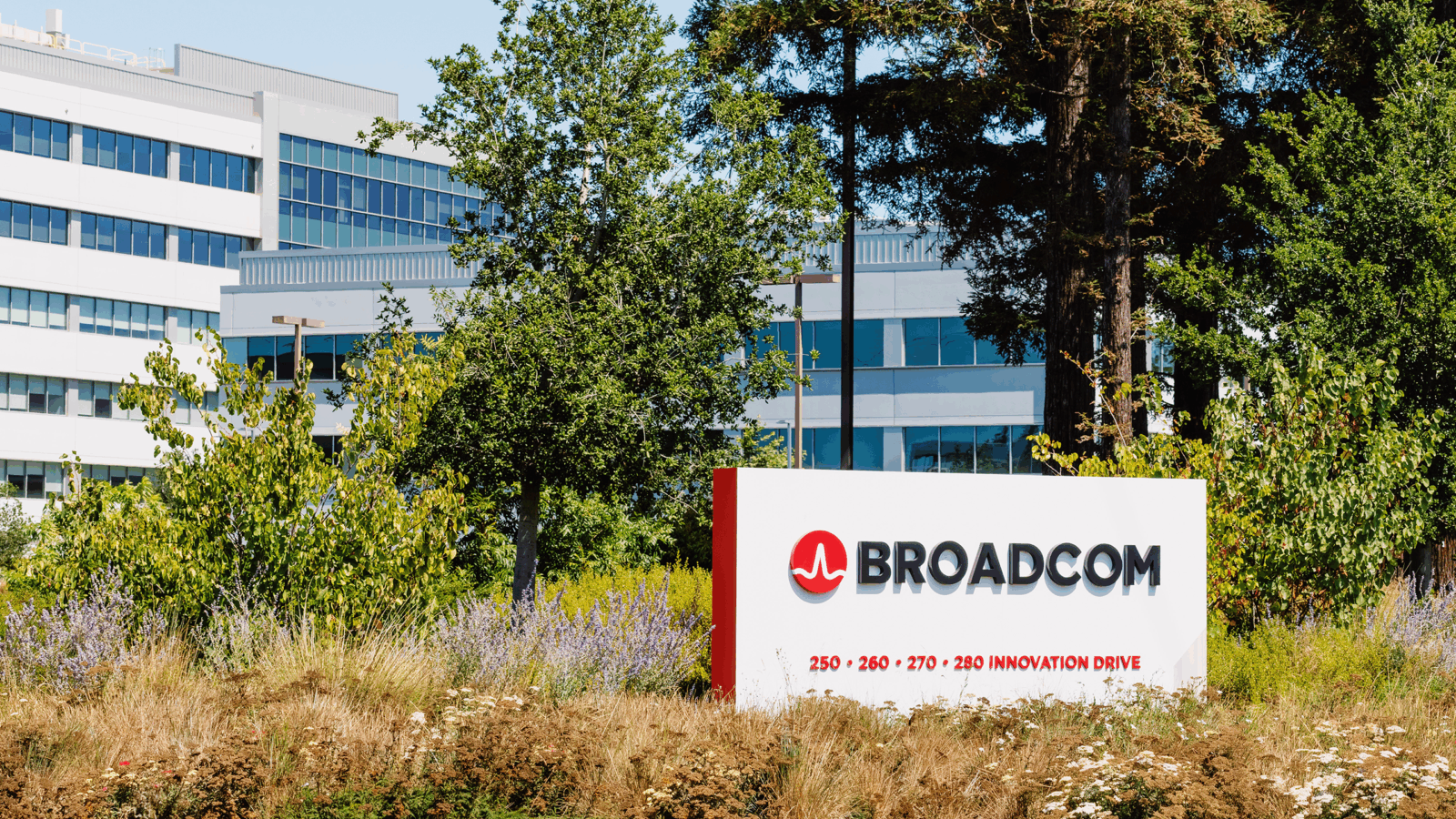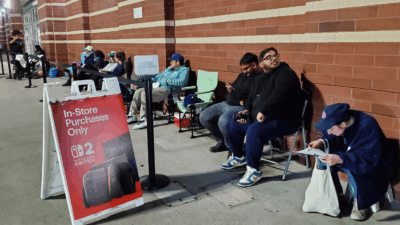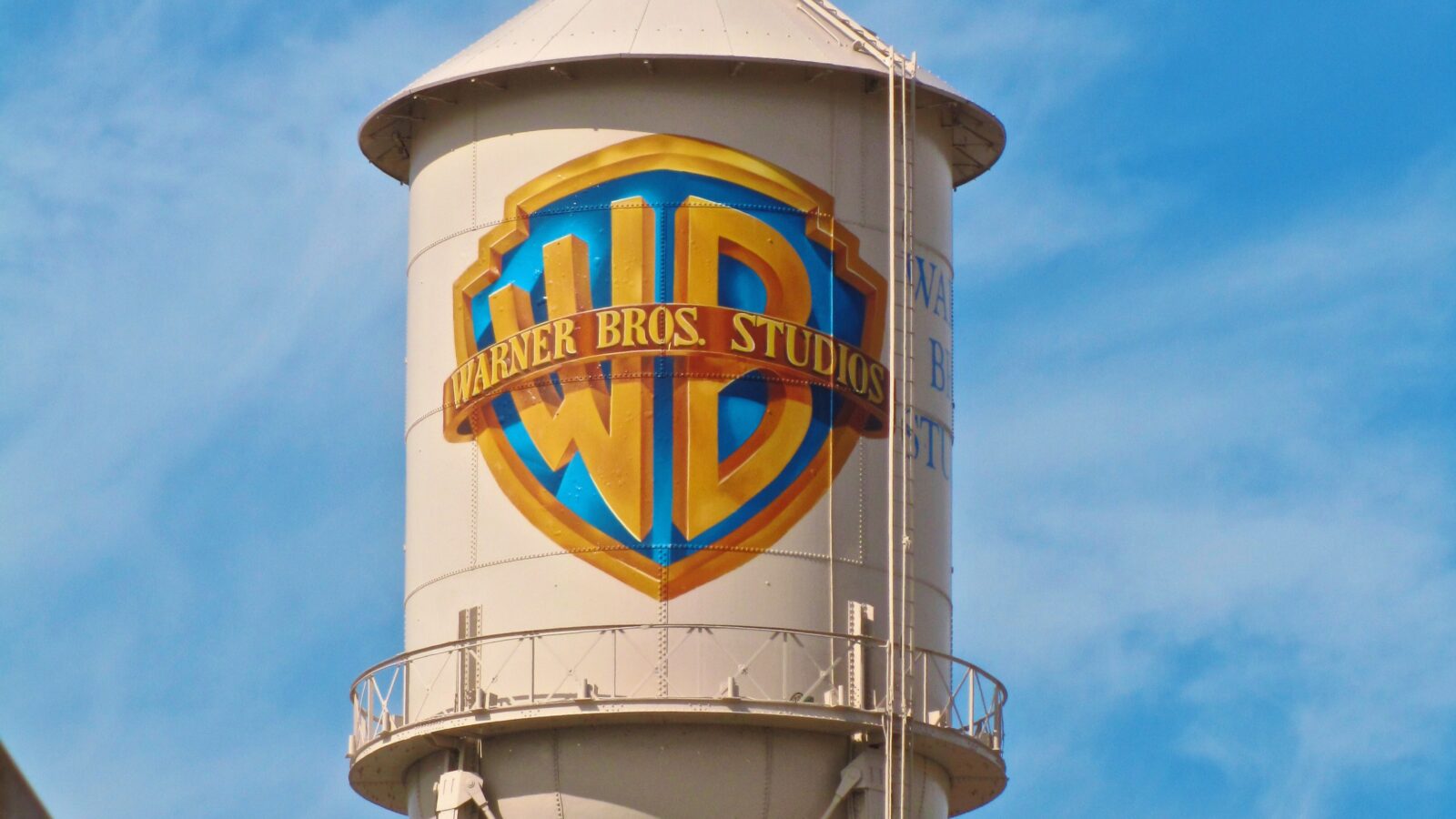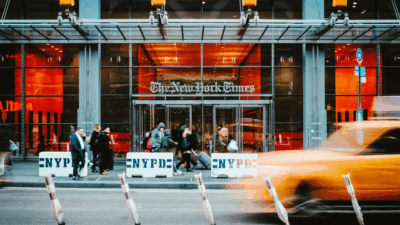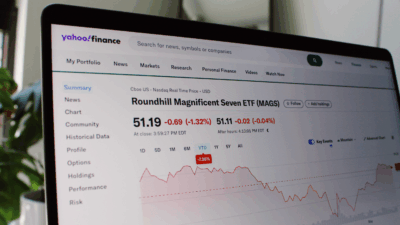Advertisement Market is Booming, But Not for Everyone
Media investment firm Magna now expects ad sales by media owners to increase over 9% this year.
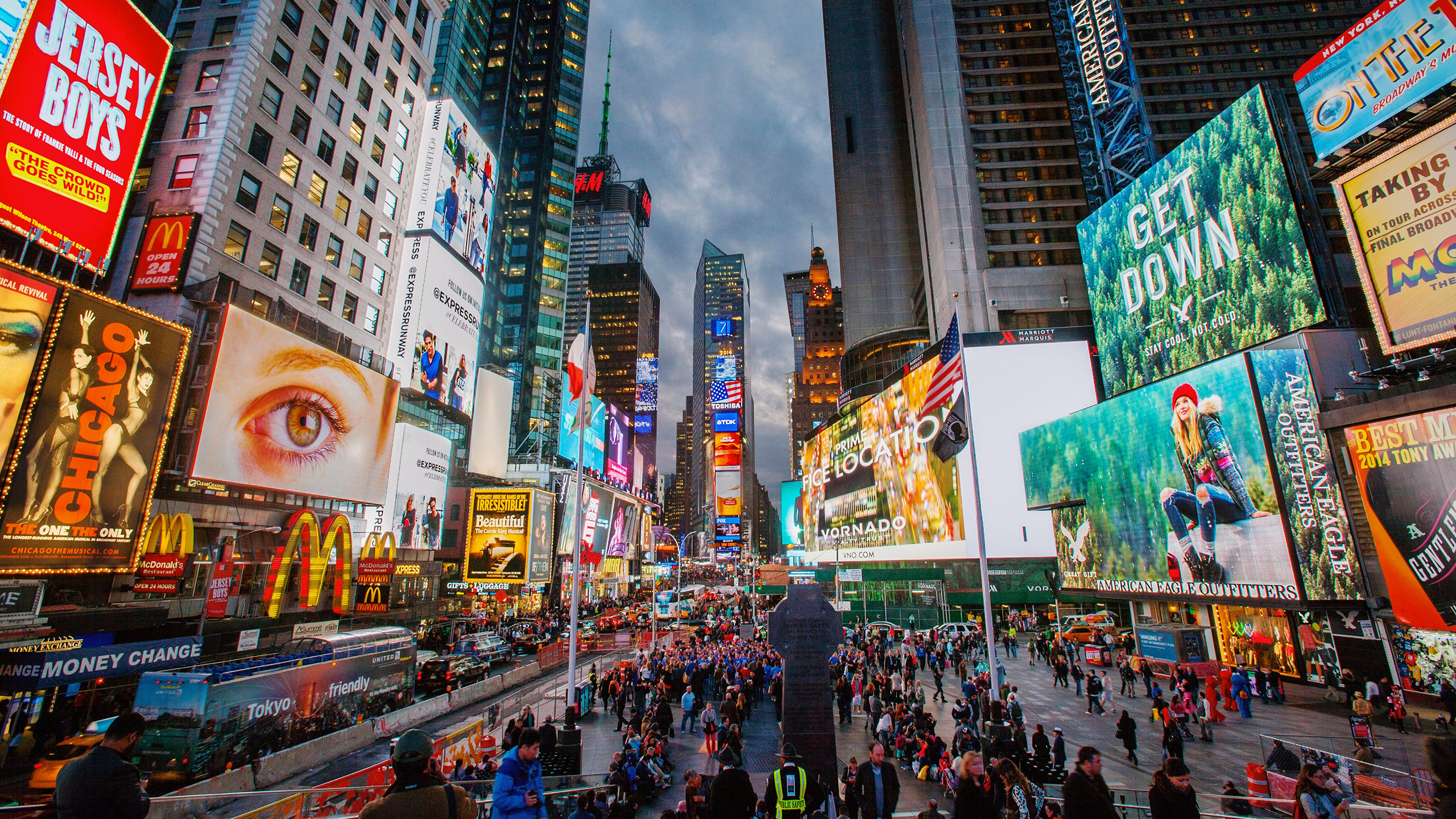
Sign up for smart news, insights, and analysis on the biggest financial stories of the day.
Mad Men cocktail hours are getting longer.
On Thursday, media investment company Magna said it’s revising its projection for the advertising industry through the rest of the year to a slightly rosier outlook than before. But this being media and all, not every subsector is raising a glass.
Sign of the Times
Magna, a subsidiary of ad industry giant Interpublic Group, now expects ad sales by media owners to increase more than 9% this year, to a whopping $369 billion, or up about a percentage point from its previous forecast. The group pegs its optimism on two major factors: macroeconomic tailwinds and the return of so-called cyclical events, such as the Summer Olympics and the 2024 election cycle. The election, in particular, “will generate $9 billion of additional ad revenue for media owners (+13 percent versus the 2020 cycle),” Magna wrote in its report. We’re glad at least somebody is looking forward to this campaign season.
Still, not every media player will share that growth equally — and the presence of high-impact, every-four-year events can offset the slow death spiral of traditional media only so much:
- Ad revenue for “premium long-form streaming” — which includes everything from ads on Netflix and Hulu, those displayed on connected TVs like Roku, and free ad-supported TV streamers like Tubi — is expected to jump nearly 13% to finally cross a $10 billion milestone, proof that the streaming industry’s ad-tier gamble may be paying off.
- Linear TV ad revenue, meanwhile, continues to shrivel, with Magna projecting a nearly 9% decline to $34 billion in 2024; annual linear TV ad revenue in the US was as high as $80 billion as recently as 2015. Social media ad revenue will cross $80 billion this year, up 14%, Magna projects.
A-IOU: Disruption of the news publishing business continues apace, too. In May, Google rolled out a beta version of AI-powered search engine Search Generative Experience. And its impact is becoming clear. In a report earlier this month, Adweek found that the AI search engine has disrupted as much as 60% of organic search traffic for online outlets, losses that could amount to as much as $2 billion per year for the long-suffering industry. Ouch.




